Docker and Kubernetes Core Concepts
Master Docker and Kubernetes to seamlessly integrate containerization into your development workflows and enhance your ability to deploy scalable applications in your IT or DevOps career.

Essential Skills Gained

Understand the role of containers in modern development environments

Learn key Docker tools and commands for effective container management

Implement container orchestration with Kubernetes for scalable deployments

Troubleshoot and manage containerized applications in the cloud
Format
- Instructor-led
- 4 days with lectures and hands-on labs.
Audience
- DevOps professionals
- IT administrators
- Software developers
- Cloud engineers
Description
Containers have revolutionized the process of developing and deploying applications. They offer many benefits including consistency between environments, predictable deployments, application scaling, management of microservices, and more. While this all sounds great in theory, how do you integrate containers into your existing business processes and reap the benefits they offer? How do you manage containers in production, scale and monitor them, and fix issues that come up? The Docker and Kubernetes course provides a hands-on look at containers and the role they can play in your development and deployment environments and workflows. You’ll learn about the many benefits containers provide, how you can use containers in your environment to work with web servers, databases (and more), key Docker tools and commands that you need to learn to use Docker effectively, how to work with images and containers, as well as how to get a fully functional container environment up and running. After learning the ins-and-outs of containers, the course provides information on how Kubernetes can be used to orchestrate containers. This includes providing a look at the different components that Kubernetes provides (pods, deployments/replicasets, services and more), how to deploy containers, troubleshoot pods, and working with Kubernetes in the cloud. If you’ve heard about Docker and Kubernetes and been wondering how to get started using them then this course is for you! This course is taught by Dan Wahlin – a member of the Docker Captains group.
Upcoming Course Dates
No upcoming dates. Please check back later.
Course Outline
Download PDFGetting Started with Docker
Application Deployment
Shipping with Containers
Getting Started with Docker
Benefits to Developers and DevOps
Overview of Images and Containers
Layered File System
Containers vs Virtual Machines
Docker and Microservices
Docker Images and Containers
Container Registries
Working with Images
Working with Containers
Getting Started with a Custom Dockerfile
Building an Image
Updating an Image
Pushing an Image to a Registry
Containers and Volumes
Components Overview
Source Code and Containers
Introduction to Volumes
Creating a Volume
Inspecting Volumes
Defining a volume in a Dockerfile
Local Source Code and Containers
Orchestrating Containers with Docker Compose
Container Orchestration
Getting Started with Docker Compose
The docker-compose.yml File
Docker Compose Commands
Introduction to Kubernetes
Why Kubernetes?
The Big Picture
The Master Node
Worker Nodes and Pods
Services, ReplicaSets, and Deployments
Files and kubectl Commands
The Web UI Dashboard
Working with Pods
The Role of Pods
Getting a Pod Up and Running Quickly
Defining a Pod with YAML
Labels
Multi-Container Pods
Pod Health
Troubleshooting Pods and Containers
ReplicaSets and Deployments
The Role of ReplicaSets
Defining ReplicaSets
Working with ReplicaSets
The Role of Deployments
Defining Deployments
Working with Deployments
Working with Services
The Role of Services
Service Types
Creating a Service
Service Discovery Process
Port Forwarding
Updates and Rollbacks
Updating Pods
Zero-Downtime Deployments
Blue-Green Deployments
Rolling Updates
Rolling Back Deployments
Storage, ConfigMaps, and Secrets
Volumes and Mounts
PersistentVolumes and PersistentVolumeClaims
StorageClasses
ConfigMaps
Secrets
Kubernetes in the Cloud with AKS
Introduction to Azure Kubernetes Service (AKS)
Azure CLI
Creating an AKS Cluster
Additional Tools
Helm
Draft
Azure Dev Spaces
Your Team has Unique Training Needs.
Your team deserves training as unique as they are.
Let us tailor the course to your needs at no extra cost.
See What Other Engineers Are Saying
Trusted by Engineers at:
and more...
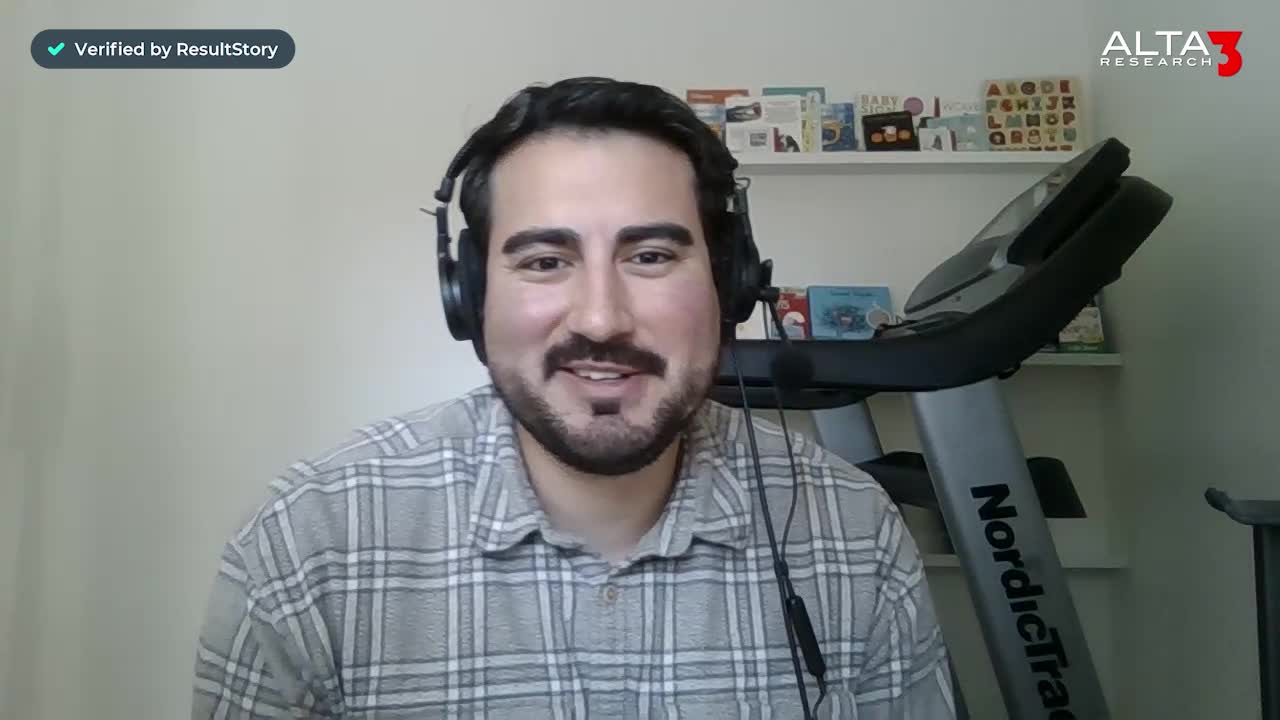
Aaron Steele
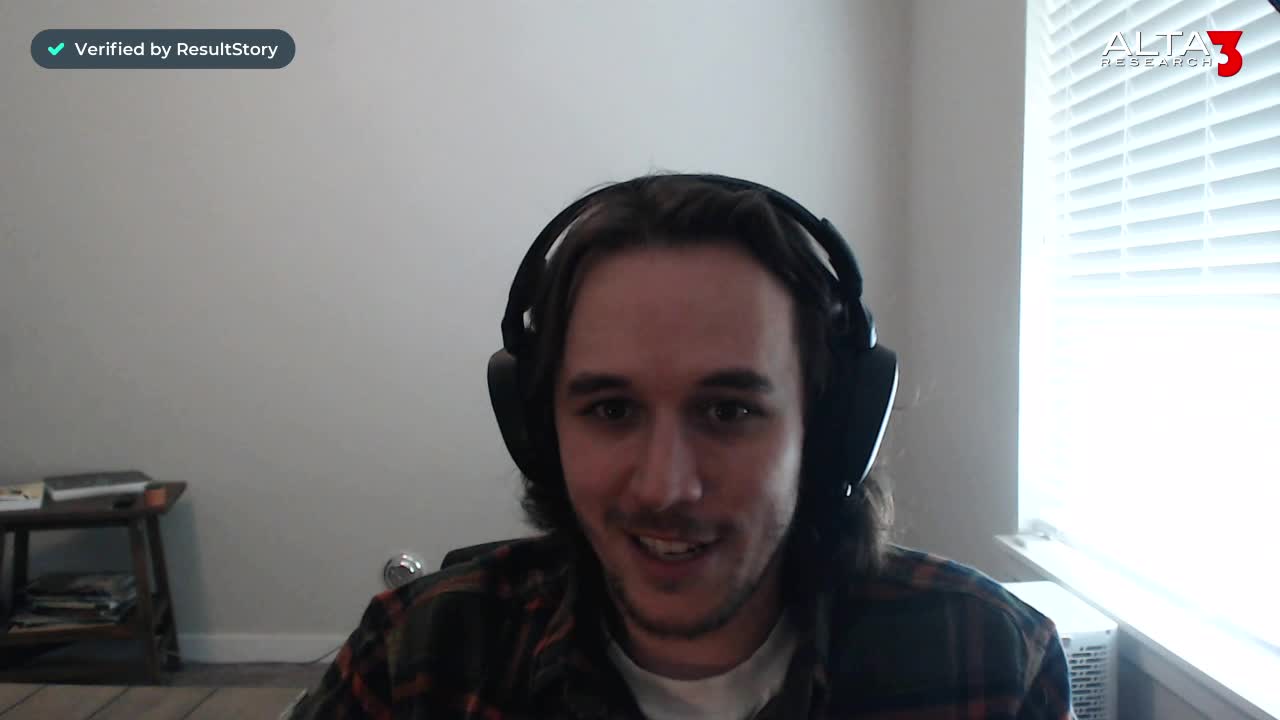
Casey Pense
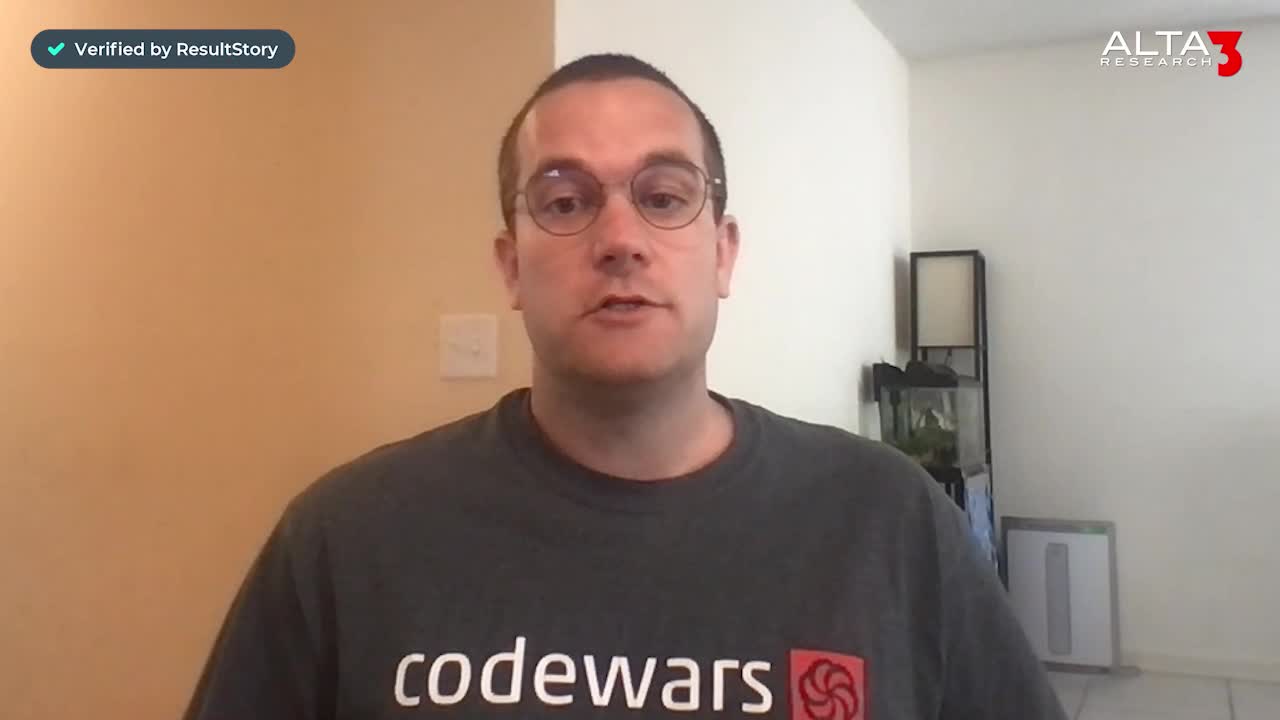
Chris Tsantiris
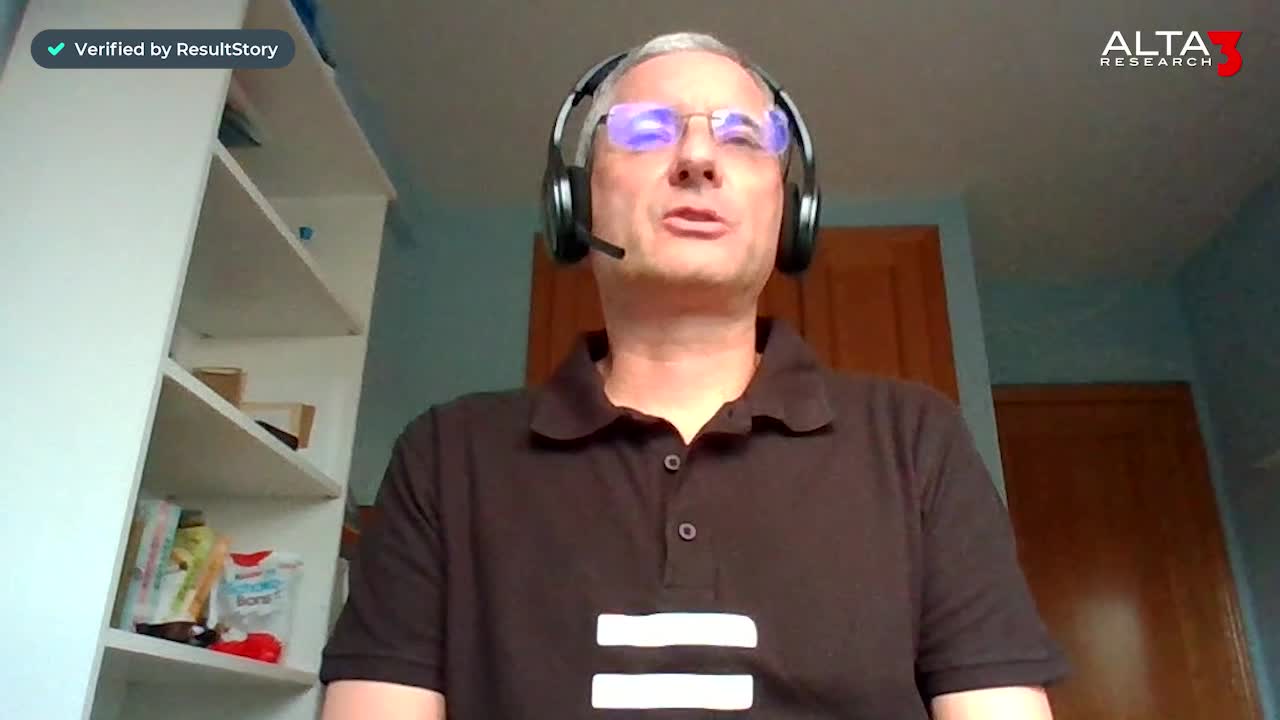
Javier Martin
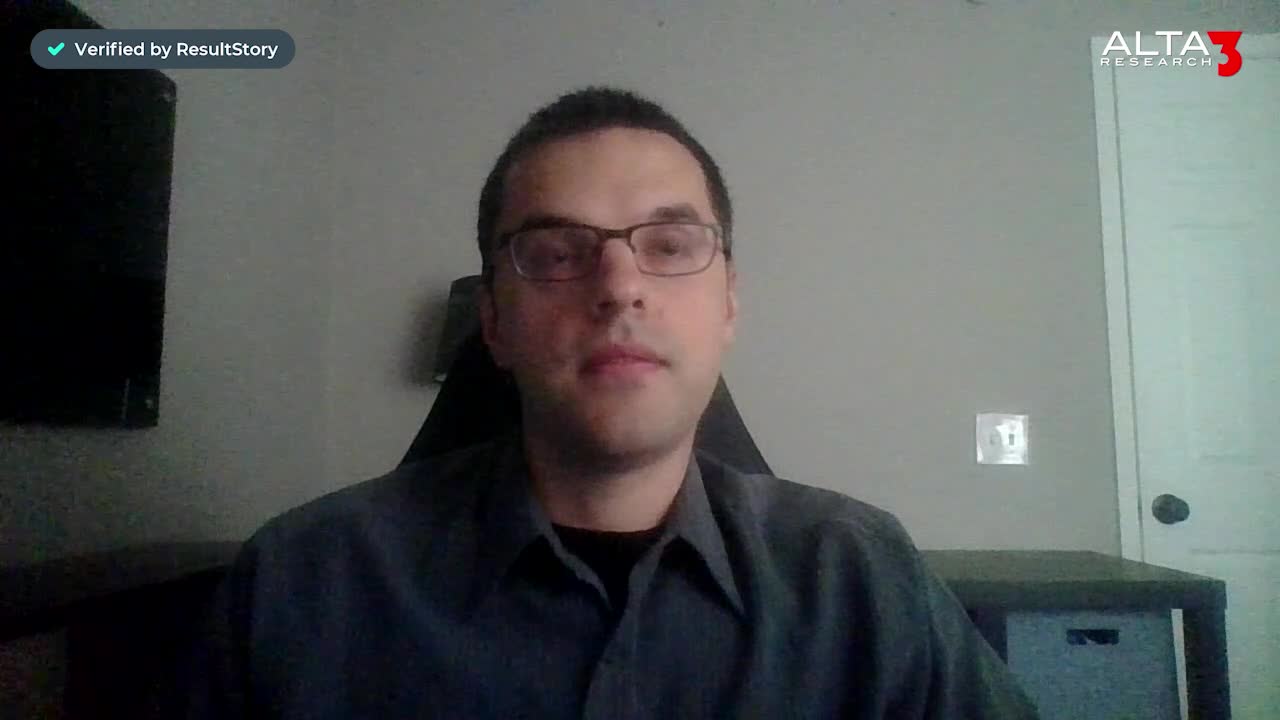
Justin Gilley
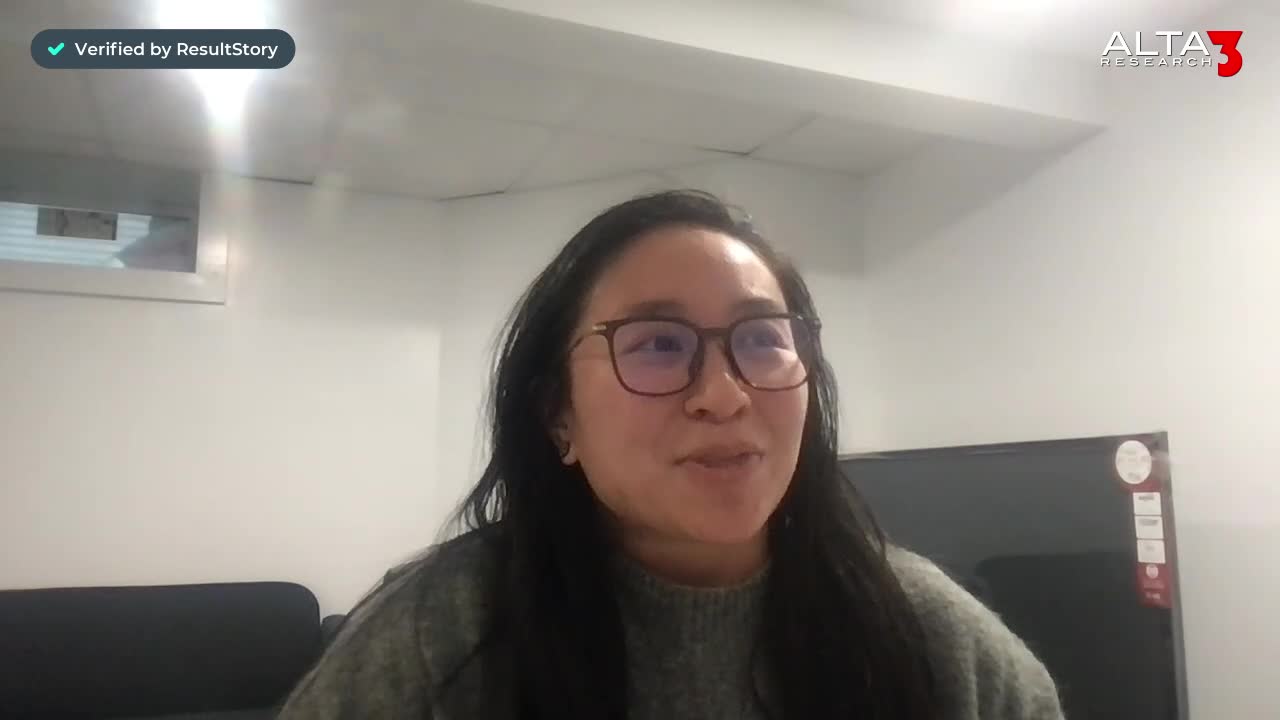
Kathy Le
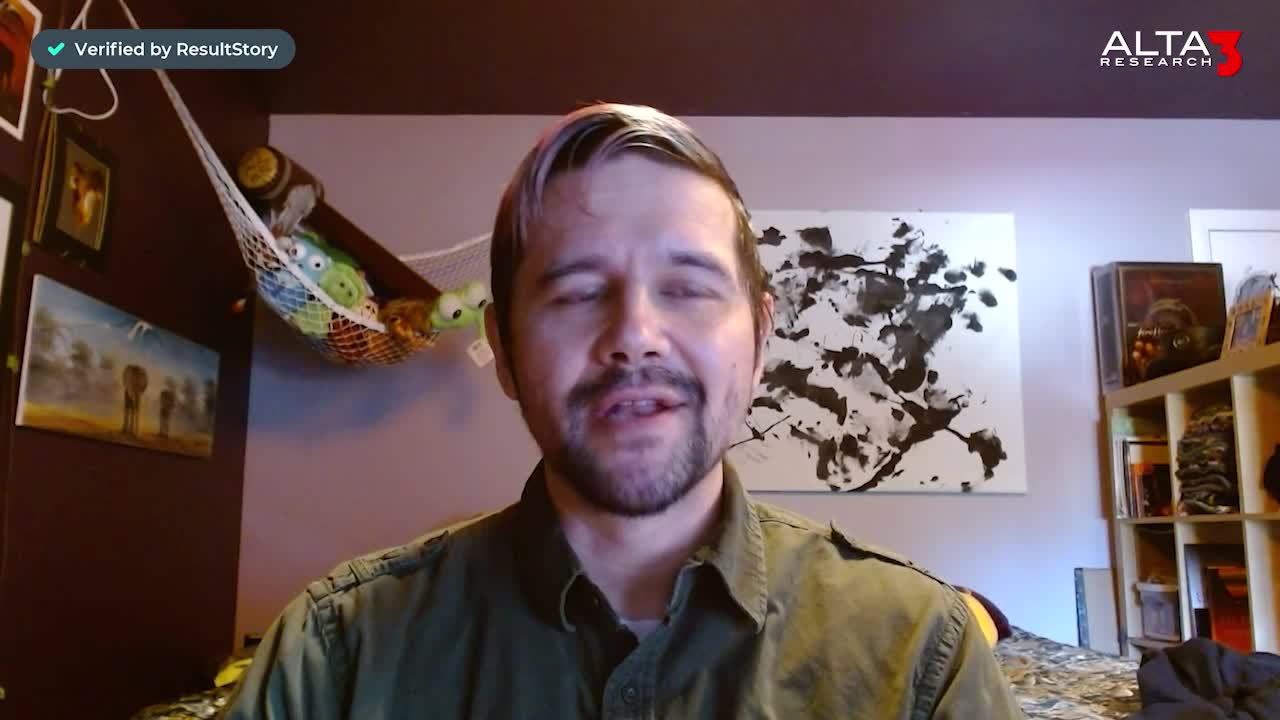
Kelson Smith

Oussama Azzam
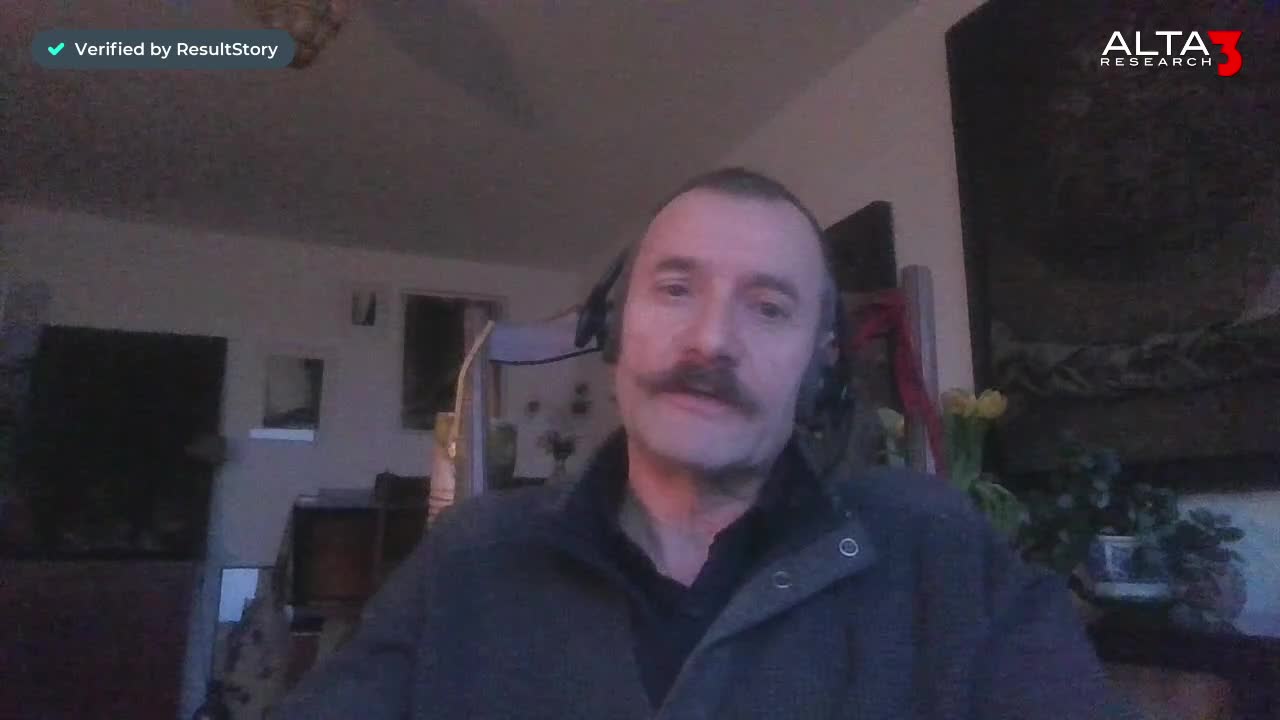
Pascal Rodmacq

Randall Granier

Aaron Steele

Casey Pense

Chris Tsantiris

Javier Martin

Justin Gilley

Kathy Le

Kelson Smith

Oussama Azzam

Pascal Rodmacq

Randall Granier